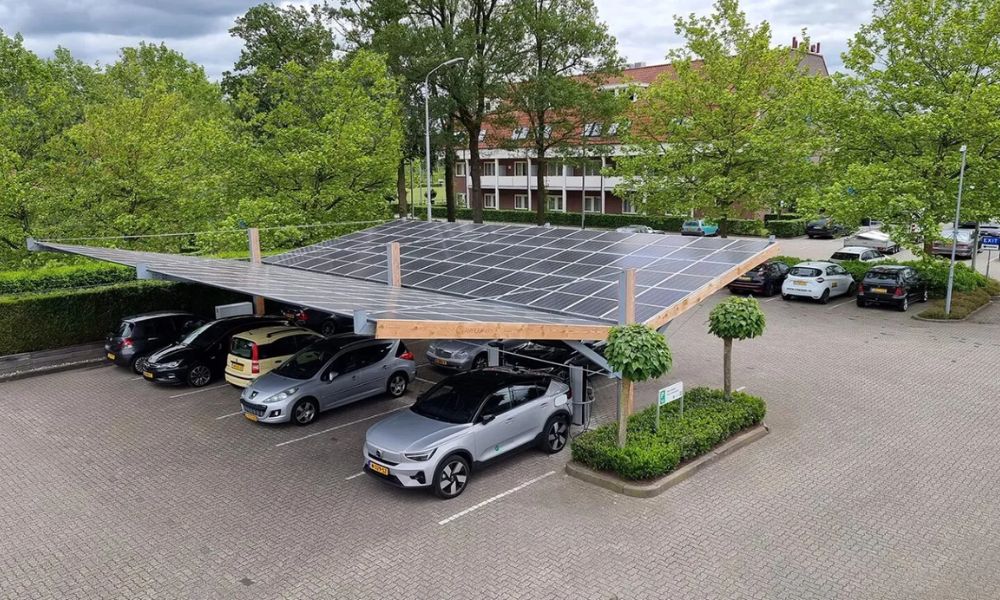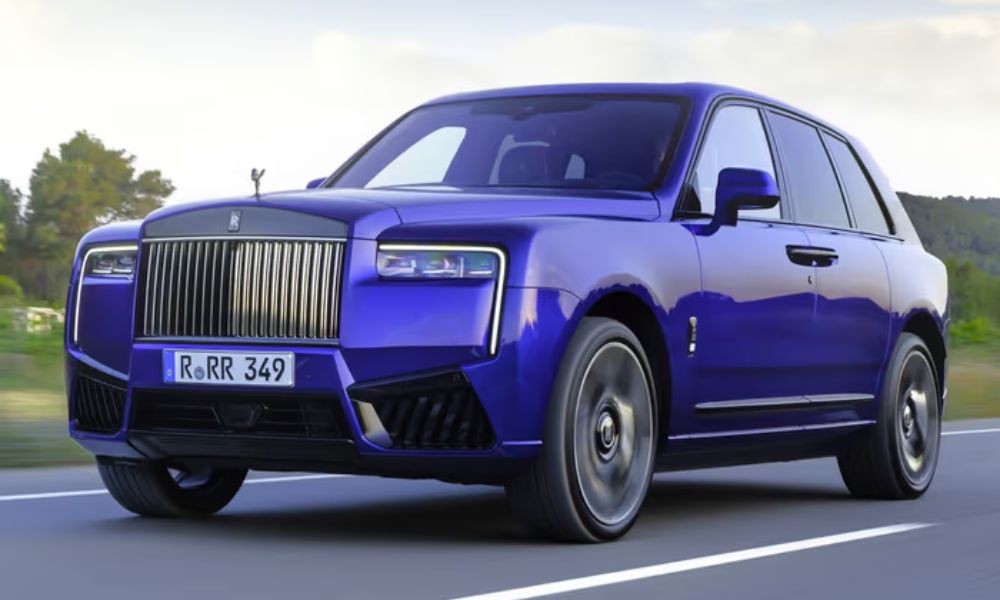Is it better to buy a new or used car? What about giving gas or EV models priority? How do you decide which car to buy this year and how can you make this purchase so that your money will go the furthest? If you want to buy a car in 2023, here are some things to look for.
What Kind of Car Should You Buy?
The answer to this question is based on your current and upcoming lifestyle. For as long as you intend to keep the car, Mark Holthoff, senior editor of content at Carvana, advises that you evaluate your expectations and objectives for your life.
- Following are some examples of various lifestyles that call for various vehicle makes and models:
- A automobile with third-row seating is required for parents who anticipate having four or more children.
- Boat owners should look for vehicles with the ability to tow.
- Drivers who live and work in large cities where parking can be challenging are prone to purchase tiny cars.
- You can start limiting your alternatives from this point forward, according to Holthoff. Search for vehicle subcategories that satisfy your requirements. Check Consumer Reports, online sources, and magazine reviews with first test drives and long-term tests to further your knowledge of the car.
You might only be considering a few cars at this point. Chase Auto’s chief marketing and customer experience officer, Renee Horne, advises making appointments to test drive any vehicle you’re considering purchasing. The condition of the car’s interior and exterior, the design and appearance of the dashboard, and any additional tech features that require a walkthrough should all be carefully examined during the test drive, according to Horne.
Consider simulating your typical driving circumstances throughout the test drive. According to Horne, this can entail taking along car seats or other equipment you frequently store in your car.
After the test drive is over, Horne advises finding out about the warranty and upkeep requirements for the vehicle. Request a longer test drive if possible, or take the vehicle to your own mechanic for a second view.
How Can I Locate Deals?
If you want to get the best bargain on your car purchase, there are a few different strategies you can use.
Purchase from a dealer
Automobile buyers looking for good deals can think about comparing numerous models and shopping at several dealerships. Horne advises having your offers and any minor specifics in writing while you shop. By doing this, you may stay organized and make use of these notes throughout negotiations to get the ideal automobile.
Buy online
Don’t really like going to a physical store to shop? Holthoff advised customers to think about buying cars online.
contrast shopping
Car buyers can compare what the dealer is providing to what is listed by reliable websites like Kelley Blue Book, according to Holthoff, whether they intend to discover offers at a dealership or online.
Lists showing the national average price for secondhand cars are notably useful to shoppers. It may be simpler to prevent overpaying if you use these pricing estimates while shopping, according to Holthoff. The history of a car’s upkeep is also simpler to find out. If the automobile you want has a history of accidents, you can use that information to negotiate a better price or move on to a different model.
Should I Make an EV Investment?
You might decide to buy your first electric vehicle (EV) in 2023 instead of a gas-powered vehicle. However, choosing to purchase an EV requires planning for both one-time and ongoing expenses.
Costs up front: These include the price of the automobile and the supplies needed for EV charging at home. Horne claimed that both the federal and state governments offer upfront refunds. Retail establishments may provide parking benefits for EVs, and some utility companies may offer electricity discounts.
Ongoing expenses: This refers to maintenance and electricity (instead of gas). EVs are predicted to save auto owners $4,600 in maintenance costs over the course of a vehicle. Horne said EV batteries are covered by eight to 10-year warranties. EVs also require less maintenance than conventional cars.
Horne cited maintenance considerations, charging logistics, and environmental sustainability as additional important considerations in addition to up-front and continuing expenditures.
How can I be sure that this car suits my needs and my budget?
You’ve done your homework, test-driven a few vehicles, and looked around for the best prices. The car needs to be purchased now. However, purchasing a car that is overpriced is the last thing any car shopper wants to do. Examine the 20% take-home rule, 20% down payment rule, and 36% debt load guideline to see if the car purchase matches your demands and budget.
Take Home Rule of 20%
A frequent financial tip is that your overall car expenses shouldn’t be more than 20% of your gross income. Holthoff advises adding your monthly payment to the amount of your fuel, maintenance, repair, insurance, and registration expenses. Use the AAA advice of setting aside at least $50 per month for these charges to estimate the cost of vehicle upkeep and repairs.
Rule of 20% Down Payment
It is advised for used car buyers to put down a down payment on their loan.
Because you’ll appear less risky to potential lenders, this will help you secure a lower interest rate and reduce your overall monthly payment, according to Holthoff. “A good general rule of thumb is to deposit at least 20% of the vehicle’s purchase price.”
Rule of 36% Debt Load
You don’t want to take out a new car loan that will put a strain on your finances. The Holthoff 36% debt load recommendation should be followed. This rule ensures you have enough money in your budget to pay your bills and enjoy a little extra by stating that your fixed expenses shouldn’t be more than 36% of your take-home pay.
Should I Pay in Cash or Financing?
Most people typically purchase cars via financing or cash. According to Horne, borrowers who finance their auto loans will have to pay them back over time with interest. Cash buyers have enough money in their savings accounts to cover the entire cost of the vehicle.
There are benefits to both approaches, regardless of which you opt for. You won’t have to worry about having to save money for years if you decide to finance with an auto loan because you can pay it back quickly.
Cash payments might also enable car buyers to save money. You’ll probably wind up spending less for your automobile in the long run because you won’t have to make loan interest payments on a monthly basis, according to Horne.
Read More:




